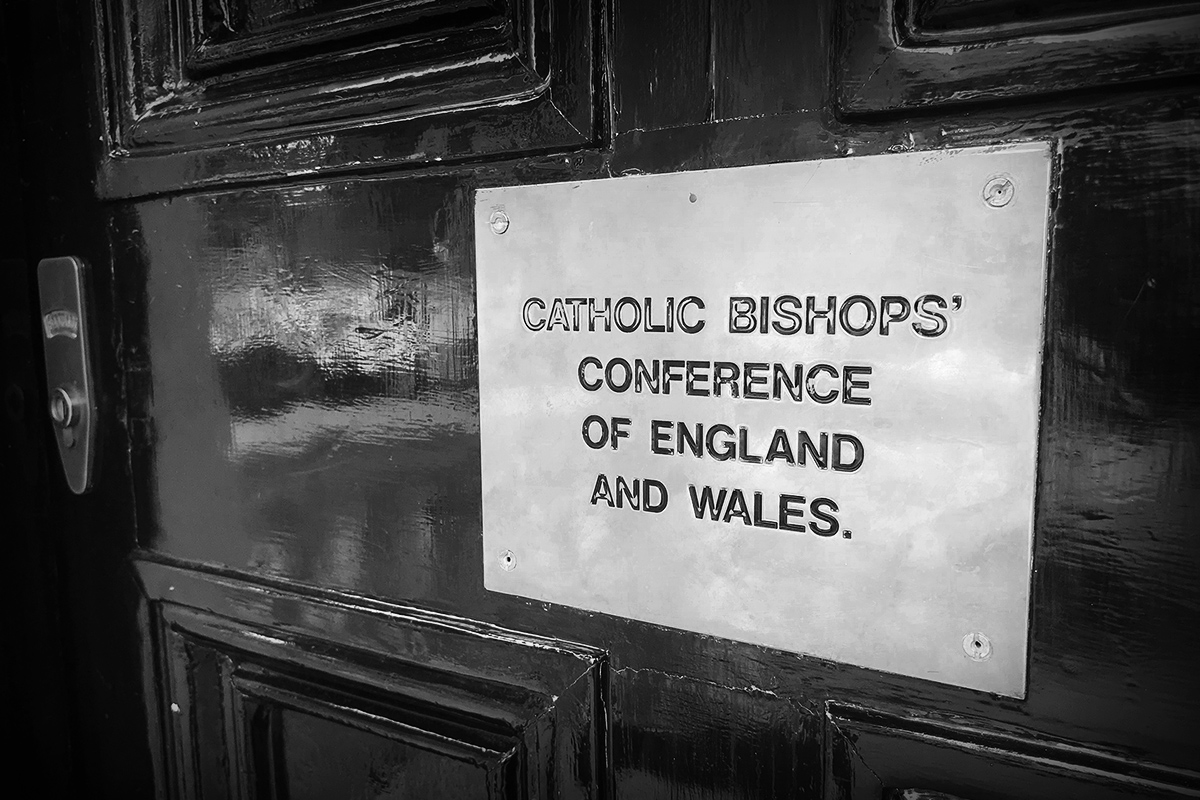
Bishops’ Plenary Meeting – November 2013
Hinsley Hall, Diocese of Leeds
Many families and individuals in our society face a continuing struggle with real poverty and the challenge this brings of living with human dignity. Pope Francis has consistently emphasised that the care of the poor, and serving those in need are fundamental to the life of the Church, and that “among our tasks as witnesses to the love of Christ is that of giving a voice to the cry of the poor”. He challenges the whole of society to remember the poor; to recognise the dignity and gifts of each person; to resist stigmatising the poor; to persevere in creating the common good by actively engaging in our local communities to alleviate poverty and address social injustices. Jesus tells us in St Matthew’s Gospel that in serving the poor we are serving Him: “Insofar as you did this to one of the least of these my brothers, you did it to me” (Matt 25:40)
The divisive nature of poverty threatens the fabric of our society. Widening economic inequality corrodes the common good and further steps are needed both to curb unjustifiably high pay, and to promote a living wage for all in work.
Inspired by the love of Christ, we reaffirm our commitment to find ways appropriate to local situations whereby dioceses can give greater support and coherence to Catholic social action through the establishment of diocesan ‘Caritas’ networks or structures.
We recognise with gratitude and appreciation the excellent work of Catholic charities and parishes, many of whom are members of the Caritas Social Action Network, who are at the forefront of the practical response to domestic poverty. Their work includes running community day centres, breakfast programmes in schools, emergency accommodation through night shelters, and professional welfare advice services. Many charities are expanding and diversifying their services in response to the increased need, with several launching new initiatives such as support to those affected by restrictions to their benefits, provision of household essentials through food banks, and access to ICT and skills training.
As we come to the end of the Year of Faith we renew our commitment to do all we can in service to those in need remembering that “faith by itself, if it has no works, is dead” (James 2:17) .